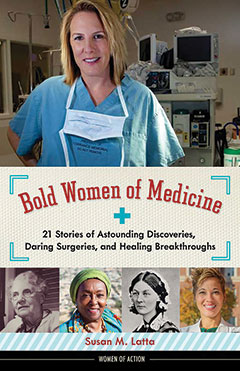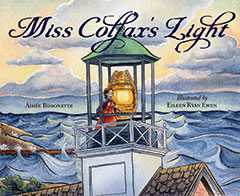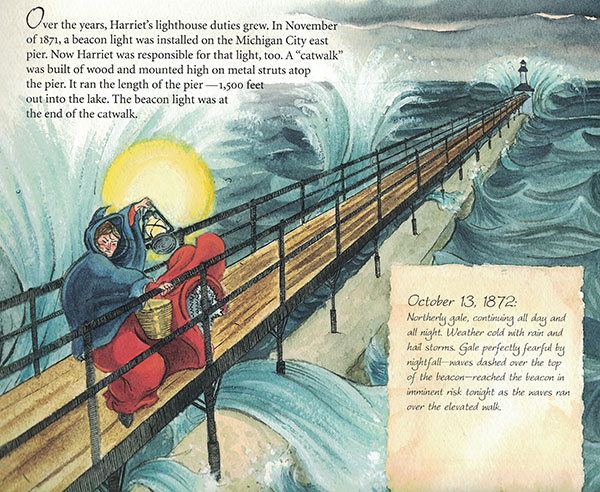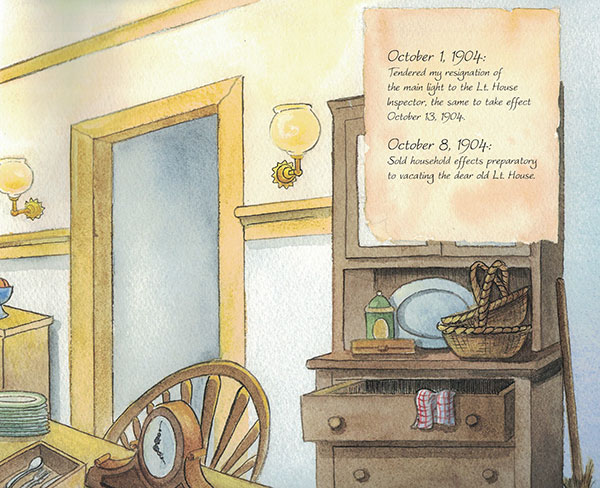I admit it. I am a history nerd.
Like all biographers, I am fascinated by the past. I love learning about the world of long ago: what people wore, what they ate, the jobs they had, the wars they fought. And nothing thrills me more when I am researching than to discover a firsthand account, a personal writing … a primary source.
How do firsthand accounts help biographers? Here are some examples.
Biographers put their readers “in the moment’ when they use a subject’s own words.
 In her book, Bold Women of Medicine, author Susan Latta describes the filthy, rat infested hospital Florence Nightingale encountered when she treated soldiers during the Crimean War. Latta details these desperate conditions for her readers, infusing her description with Florence Nightingale’s own words from letters written at the time:
In her book, Bold Women of Medicine, author Susan Latta describes the filthy, rat infested hospital Florence Nightingale encountered when she treated soldiers during the Crimean War. Latta details these desperate conditions for her readers, infusing her description with Florence Nightingale’s own words from letters written at the time:
“We have not a basin nor a towel nor a bit of soap nor a broom — I have ordered 300 scrubbing brushes … one half of the Barrack is so sadly out of repair that it is impossible to use a drop of water on the stone floors, which are all laid upon rotten wood, and would give our men fever in no time … I am getting a screen now for the amputations … “
When Latta includes this candid account in her writing, she makes readers sit up and take notice. There is no disputing how awful things were. Nightingale’s own words make the conditions real.
Biographers use personal writings to get a glimpse into their subject’s personality, which helps with the portrayal of the subject.
In my book, Aim for the Skies, I tell the story of an air race between two women, Jerrie Mock and Joan Merriam Smith, in the 1960’s. Because the 1960’s are fairly recent history, I was able to find a great deal of information about the race — from both primary and secondary sources — when I conducted my research. But I wanted more. I wanted to know the pilots. What were they really like? What made them tick?
 Jerrie Mock’s autobiography, Three Eight Charlie, gave me the insight I desired. It gave me a much needed glimpse into Jerrie’s personality. Newspaper accounts portrayed Jerrie as business-like and capable, which she was, but passages from her autobiography revealed more. Not surprisingly, Jerrie had a keen competitive nature:
Jerrie Mock’s autobiography, Three Eight Charlie, gave me the insight I desired. It gave me a much needed glimpse into Jerrie’s personality. Newspaper accounts portrayed Jerrie as business-like and capable, which she was, but passages from her autobiography revealed more. Not surprisingly, Jerrie had a keen competitive nature:
“I had just kept quiet about the burned-out motor, so that no one would try to stop me. And since I couldn’t maintain radio contact all of the time, I was careful to stay clear of clouds, so I wouldn’t run into another plane. I didn’t know how far back Joan Smith might be, and I didn’t intend to lose a race around the world because of a stupid burned out motor.”
But she also was vulnerable and second guessed herself at times:
“I didn’t like to admit it, but I was nervous. There must have been an overcast, because I couldn’t see any stars. There was no moon either. The soft red glow from the instrument lights was a solitary pool of light in the black night. Outside, Charlie’s three navigation lights and bright, flashing-red beacon would be burning in the empty sky. But they weren’t where I could see them. I felt terribly alone … I said a prayer. Lots of prayers.”
As I researched, I discovered articles authored by Joan Merriam Smith, too. In those writings, Joan provided her own — sometimes very different — account of the race. Talk about interesting! It was apparent from all these personal writings that Jerrie and Joan were two smart, feisty women.
Biographers use personal writings to reveal the flavor of the times.
 As a biographer, getting a sense of the era and my subject’s place in it may be my favorite thing about personal accounts. That certainly was the case with Harriet Colfax, the lighthouse keeper I wrote about in Miss Colfax’s Light.
As a biographer, getting a sense of the era and my subject’s place in it may be my favorite thing about personal accounts. That certainly was the case with Harriet Colfax, the lighthouse keeper I wrote about in Miss Colfax’s Light.
As part of her lighthouse keeping duties, Harriet Colfax had to keep a daily log. Harriet’s log entries were a treasure trove of information about her life, her work, and the dangers of Great Lakes shipping in the late 1800’s. They were full of Harriet’s musings — and occasional complaints. I read through decades of Harriet’s log entries, ultimately coming to the conclusion that the refrain I used in the book of “I can do this,” was something Harriet definitely would have repeated over and over.
In addition to providing great facts, though, Harriet’s log entries showcased the language of the day: traditional words and phrases, and an overall formality. A number of log entries are included in the book so young readers can get a sense of how differently people spoke in the late 1800’s.
Personal accounts allow biographers to add richness and authenticity to their work. They provide a true sense of a subject’s view of the world. They provide historical facts and context. All of which makes the biographer’s job easier.
And, let’s face it, personal accounts are just plain fun to read.
They are a little gift to the history nerd in all of us.
Tips for Students
How can students learn to mine the rich territory of a firsthand account (and experience the thrill biographers get when they are lucky enough to discover such a source)? Here are some questions students and teachers can ask that will help them glean more than just the facts:
- What was the writer’s purpose for writing this personal account? Does this purpose make you think the writing is more or less truthful?
- What historical facts does the writer include in the personal account? How is the writer’s world different from today? How is it the same?
- What do the language, grammar, and word usage in the personal account tell us about the writer? Was the writer poor, rich, well-educated?
- If the writer is describing an event from history, why is the writer’s point of view important?
- What else can you tell about the writer from this personal account?



Your love of history and personal records have creating some gripping books that make us, the readers, feel like we are right there with the characters. I loved “Miss Colfax’s Light,” Aimee, and I’m excited to read “Aim for the Skies”!